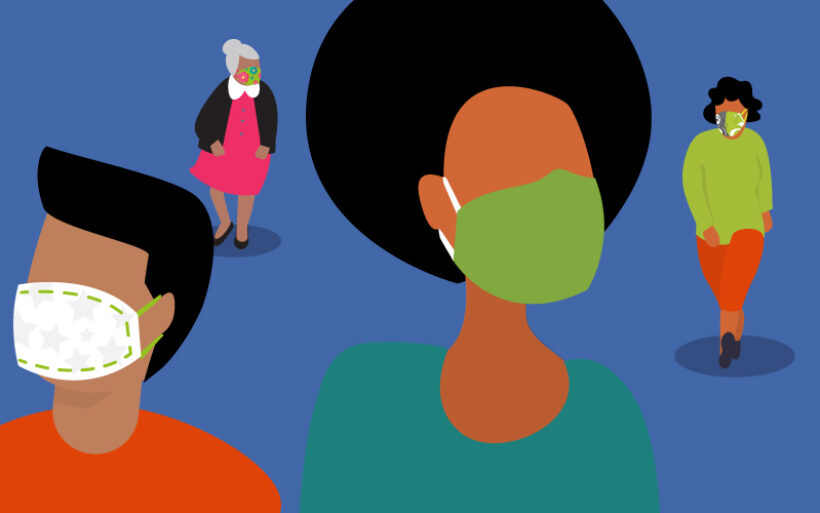
Racism is a Public Health Crisis
Last Thursday, August 6, Spokane Regional Health District’s Board of Health approved a resolution declaring racism as a public health crisis and outlining ways that the organization will acknowledge, educate and actively address this challenge in our community.
Racism and public health may seem like two different community issues, and it may be new to many of us to understand how one affects the other. This is addressed in the resolution itself. Data clearly shows Black, Indigenous, and people of color have poorer health outcomes than other populations. This can be traced to the impact of social determinants of health. Social determinants of health are conditions in the places where people live, learn, work, and play that shape their health. For example, one community may have access to grocery stores with healthy foods, while another community may only have fast food and convenient stores near them with no transportation options. Another example is the difference between someone with a family history of home ownership and education versus someone from a family that was historically denied loans and access to higher education. The former has an easy path to purchase a safe home in a neighborhood with little crime while the latter could be struggling to move from a home with environmental hazards in a neighborhood with high crime rates. The goal of a healthy community is to identify these differences to make healthy environments and choices easy and available for everybody, regardless of their race.

Spokane County has not escaped the health impacts of racism. We have a long history of health inequities among people of color. The COVID-19 pandemic and the higher rate of illness and death among minorities is another stark reminder of why racism needs to be addressed as a public health issue. Spokane Regional Health District has committed to considering the different impacts our projects and programs have on communities of color and vulnerable groups, leading the community in improving public policies to ensure everyone has what they need to achieve their best health, educating staff and the public about health equity needs in our community and recruiting a workforce that reflects the populations it serves.
We must face racism as a public health crisis. Our community’s health depends on it.
